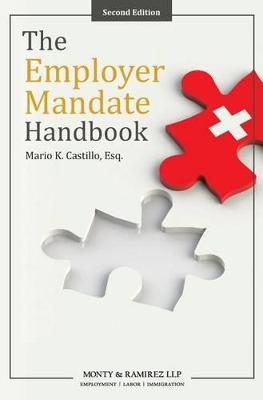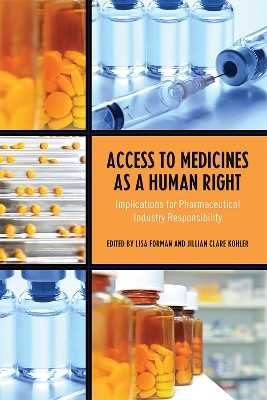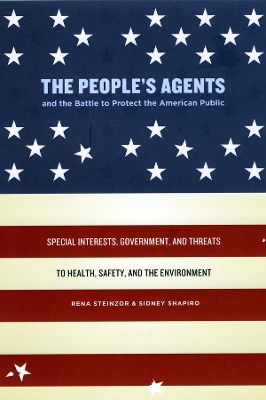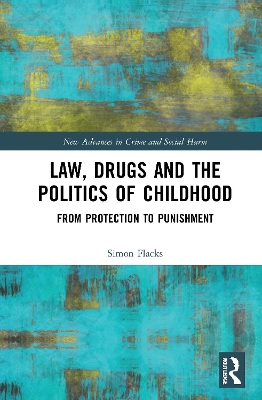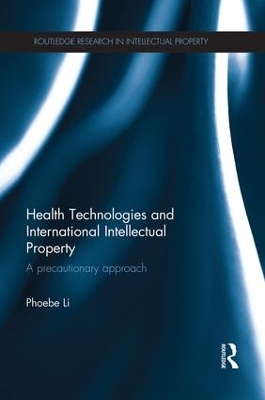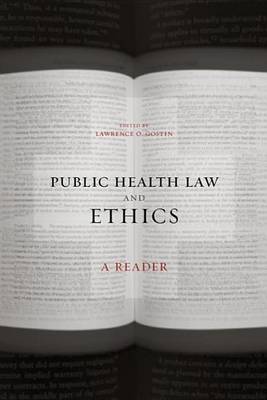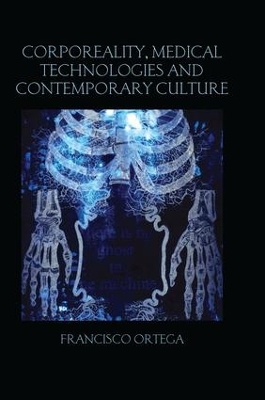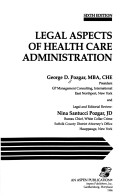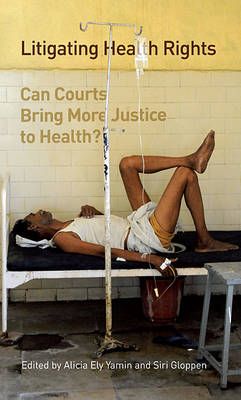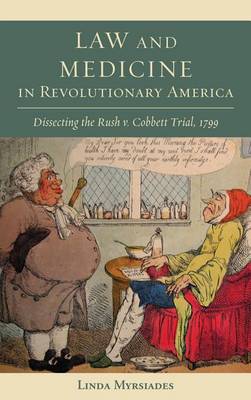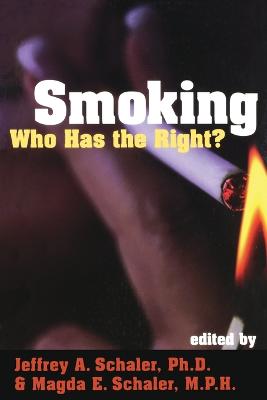Access to Medicines as a Human Right
by Lisa Forman and Jillian Clare Kohler
According to the World Health Organization, one-third of the global population lacks access to essential medicines. Should pharmaceutical companies be ethically or legally responsible for providing affordable medicines for these people, even though they live outside of profitable markets? Can the private sector be held accountable for protecting human beings' right to health? This thought-provoking interdisciplinary collection grapples with corporate responsibility for the provision of medicines...
Sammlung Von Gesetzen, Verordnungen Und Ministerialerlassen Strafrechtlichen Inhalts Für Bayerische Polizeiorgane
The People's Agents and the Battle to Protect the American Public
by Rena Steinzor and Sidney Shapiro
Reasonable people disagree about the reach of the federal government, but there is near-universal consensus that it should protect us from such dangers as bacteria-infested food, harmful drugs, toxic pollution, crumbling bridges, and unsafe toys. And yet, the agencies that shoulder these responsibilities are in shambles; if they continue to decline, lives will be lost and natural resources will be squandered. In this timely book, Rena Steinzor and Sidney Shapiro take a hard look at the tangled w...
Law, Drugs and the Politics of Childhood (New Advances in Crime and Social Harm)
by Simon Flacks
Debates about the regulation of drugs are inseparable from talk of children and the young. Yet how has this association come to be so strong, and why does it have so much explanatory, rhetorical and political force? The premise for this book is that the relationship between drugs and childhood merits more exploration beyond simply pointing out that children and drugs are both ‘things we tend to get worried about’. It asks what is at stake when legislators, lobbyists and decision-makers revert to...
Health Technologies and International Intellectual Property Law (Routledge Research in Intellectual Property)
by Phoebe Li
The global transmission of infectious diseases has fuelled the need for a more developed legal framework in international public health to provide prompt and specific guidance during a large-scale emergency. This book develops a means for States to take advantage of the flexibilities of compulsory licensing in the Agreement on Trade-Related Aspects of Intellectual Property Rights (TRIPS), which promotes access to medicines in a public health emergency. It presents the precautionary approach (PA)...
Public Health Law and Ethics (California/Milbank Books on Health and the Public, #4)
Corporeality, Medical Technologies and Contemporary Culture (Birkbeck Law Press)
by Francisco Ortega
This book examines the confusions and contradictions that manifest in prevalent attitudes towards the body, as well as in related bodily practices. The body is simultaneously our reference for the certainties of nature and the locus of a desire for transformation and reinvention. The body is at the same time worshipped and despised; an object of desire and of design. Francisco Ortega analyses how the body has become both a screen for the projection of our ideas and imaginings about ourselves a...
The Health Care Manager's Human Resources Handbook
by Charles R McConnell
Health Law (American Casebook)
by Alex B. Long, Paula Schaefer, and Cassandra B. Robertson
This abridged edition uses the organization and methods that health law teachers and students have found so helpful over the last eight editions of the casebook. This book is designed specifically for survey courses in health law that aim at introducing students to the full range of health law issues in a single survey course. As with the full casebook, this abridged version includes chapters covering health care quality, access, equity, organization, finance, and bioethics, but some sections an...
The last fifteen years have seen a tremendous growth in the number of health rights cases focusing on issues such as access to health services and essential medications. This volume examines the potential of litigation as a strategy to advance the right to health by holding governments accountable for these obligations. It includes case studies from Costa Rica, South Africa, India, Brazil, Argentina and Colombia, as well as chapters that address cross-cutting themes.The authors analyze what type...
Law and Medicine in Revolutionary America (Studies in Eighteenth-Century America and the Atlantic World)
by Linda Myrsiades
Is cigarette smoking an addiction or a choice? Does society or the government have the right to decide who may smoke and where? Are there such things as 'smoker's rights'? Unique and timely, this collection is the very best work on the subject from the leading experts in public policy, health, economics, law, sociology, psychology, and history, seeking answers to questions that divide a nation.

